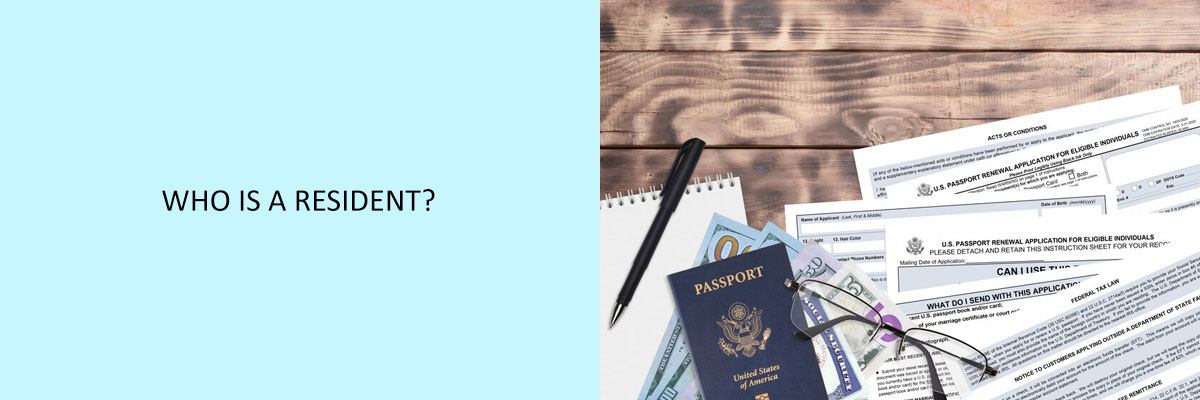A resident in the U.S. is someone who is legally allowed to live in the country and has a green card or a visa that allows them to stay. Generally, residents are people who have been granted permission to live in the United States permanently or for an extended period of time, such as students, workers, or refugees. Some people who are not considered residents may still be in the United States for a specific purpose, such as tourists.



What are the Benefits of Being a Resident?
Some of the most important benefits of being a resident in the U.S. are:
Access to Education: Residents can attend any school or university in the U.S., regardless of their immigration status.
Access to Health Care: Residents can get health care in the U.S. without having to worry about their immigration status or whether they have insurance.
Protection from Discrimination: Residents are protected from discrimination by law, and this protection extends to all areas of life, including work, housing, and access to services and goods.
The Right to Vote: Residents have the right to vote in U.S. elections, regardless of their immigration status.
All individuals who are physically present in the United States, including citizens, legal permanent residents (LPRs), and refugees, are considered residents.
How to Become a Resident?
To become a resident in the United States, you must meet certain requirements. These requirements vary depending on your nationality and place of residence, but generally, you must be a permanent resident, have a valid visa or another legal status, and be able to support yourself financially. Some common qualifications for legal status in the United States include being a citizen of the United States, having a green card, being an alien refugee with a pending application for asylum, or being an alien lawfully admitted for permanent residence. If you are not a U.S. citizen, you may be able to become a resident by obtaining a visa or other legal status from the United States Citizenship and Immigration Services (USCIS).
What are the Types of Residents?
There are three types of U.S. residents: citizens, legal permanent residents, and illegal immigrants.
Citizens are people who were born in the United States, or who have a parent who was born in the United States. Legal permanent residents are people who have been granted legal status in the United States. They can be citizens, legal permanent residents, or refugees. Illegal immigrants are people who are not authorized to live in the United States.
Final Words
In order to be a resident of the United States, you must live in the state, county, or parish for at least 30 days. There are many benefits to being a resident, such as voting and receiving government benefits. Attend the Compliance Prime webinar to know more about the benefits and liabilities of residents in the U.S.


